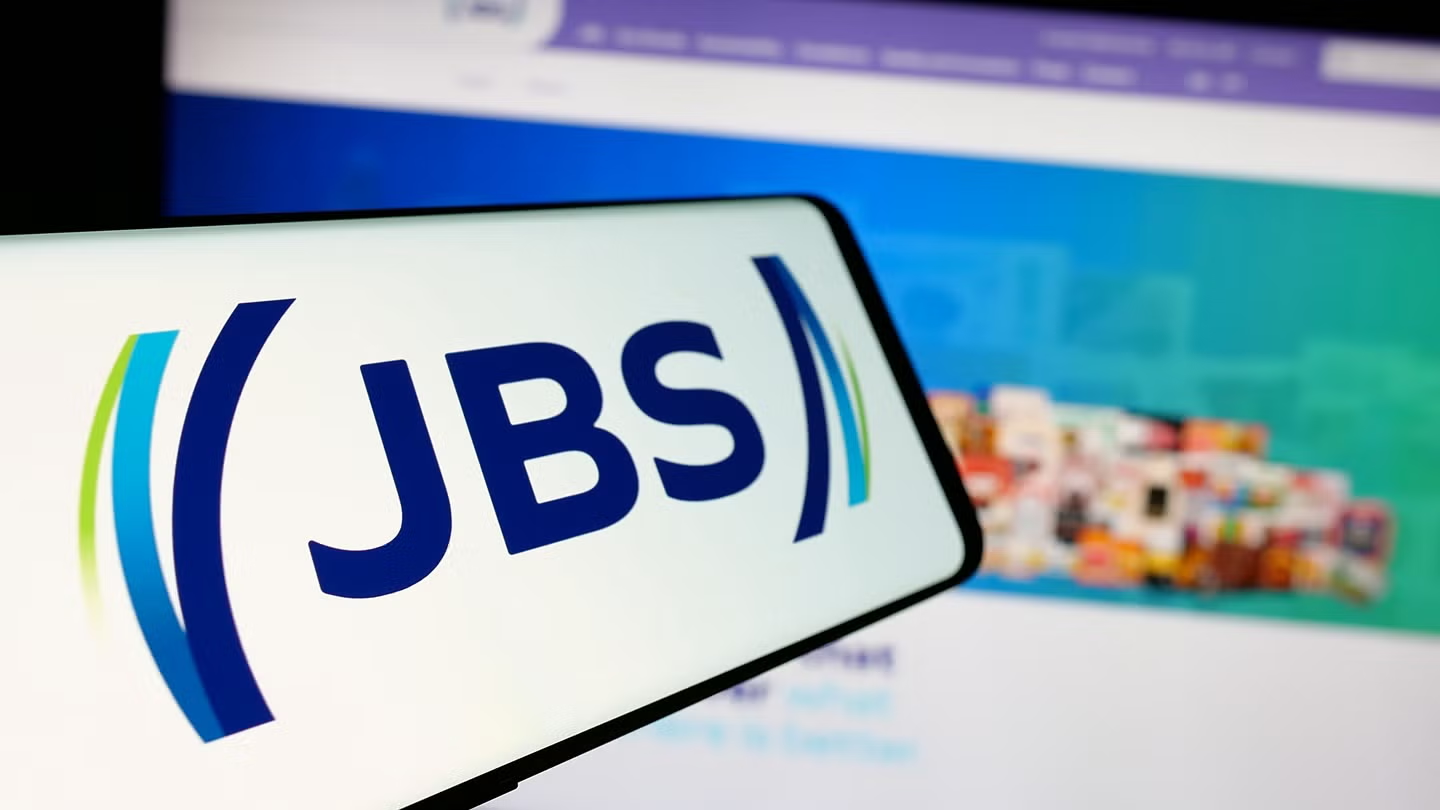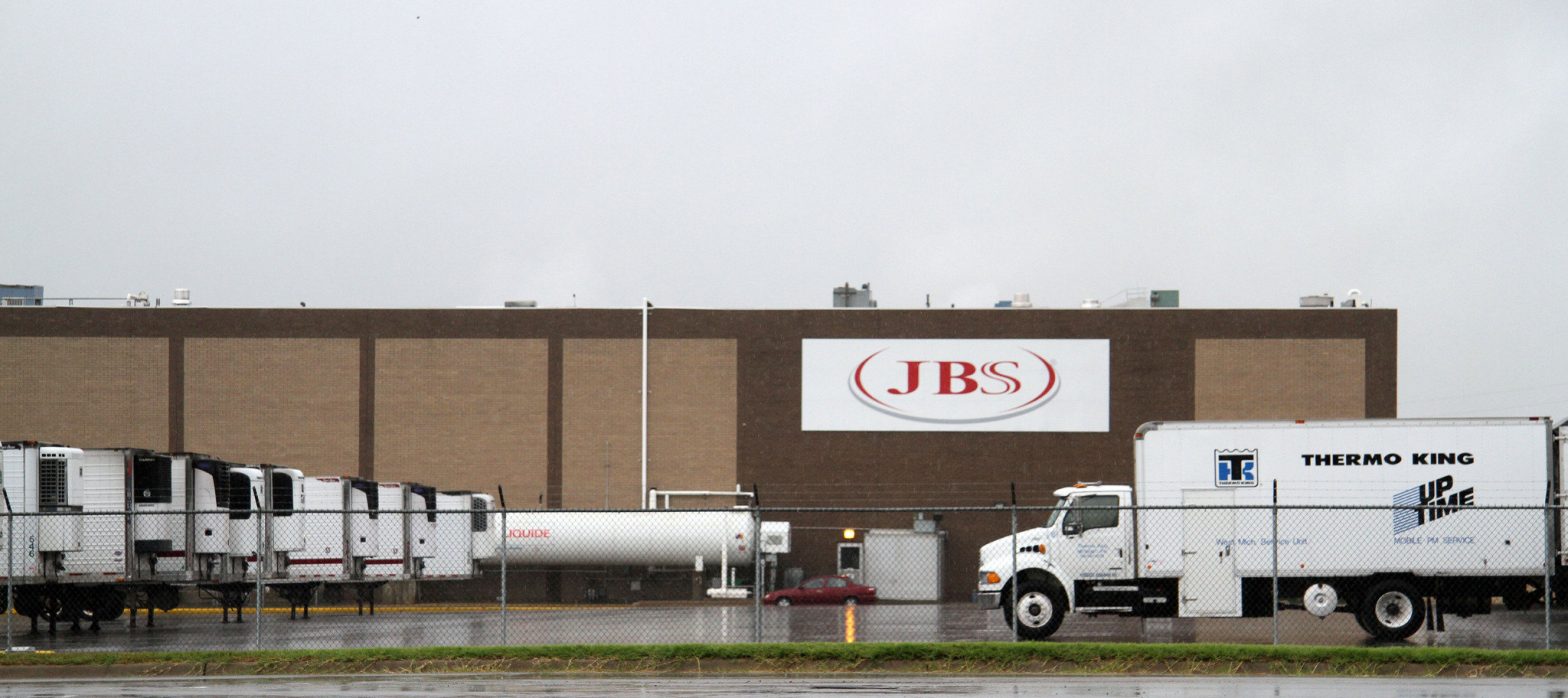Shares of Brazilian meatpacking giant JBS rose on Friday as the company made its debut on the U.S. public markets.
The stock opened at $13.65 per share, giving the company a valuation of roughly $30 billion, which surpasses the market cap of its U.S. rival, Tyson Foods, currently valued at about $19.82 billion. By the end of the day, shares had closed slightly higher at $13.87.
JBS is now listed on the New York Stock Exchange under the ticker symbol “JBS”, launching a day later than previously planned.
According to the company, it was unable to complete certain operational steps in time to begin trading on Thursday. A week prior to the listing, JBS shares were delisted from the Sao Paulo Exchange in Brazil, as part of the company’s dual-listing strategy.
Founded more than 70 years ago, JBS has expanded to become the largest meat processor in the world. In the past year, it generated $77.2 billion in net revenue and posted $2 billion in net income, according to regulatory filings.
The company’s global operations span Brazil, the U.S., and Australia, and it controls over 80% of Pilgrim’s Pride, a major U.S. poultry producer.
JBS’s road to a U.S. listing has taken more than 15 years. Its U.S. arm first announced intentions to go public in 2009, though the plan was shelved after two postponements. In late 2016, JBS again declared plans for a U.S. IPO as part of a reorganization. However, months later, Brazilian authorities launched a corruption probe into the company and its senior leadership.

In 2017, J&F Investimentos — the holding company that controls JBS — paid a $3.2 billion fine to settle bribery allegations. Former chairman Joesley Batista and his brother, CEO Wesley Batista, sons of JBS’s founder and major shareholders, avoided prison through cooperation with prosecutors. In 2020, J&F and the Batistas reached a settlement with the U.S. Securities and Exchange Commission, agreeing to pay approximately $27 million.
Although the Batistas stepped away from J&F following the scandal, they returned to the board in the past year after being acquitted of insider trading.
More recently, in October, JBS was fined by the Brazilian government for allegedly sourcing cattle from protected areas in the Amazon rainforest.
The company’s past involvement in corruption and bribery sparked strong bipartisan opposition to its U.S. listing, casting doubt on whether it would receive regulatory approval.
After President Donald Trump’s reelection, JBS’s U.S. subsidiary Pilgrim’s Pride contributed $5 million to his inauguration committee — the largest donation received. In response to CNBC at the time, the company stated that it had a “long bipartisan history participating in the civic process” and expressed a desire to collaborate with the incoming administration.
Despite the controversies, the SEC approved JBS’s NYSE listing in April, and JBS shareholders gave the green light in May, although by a slim margin.

